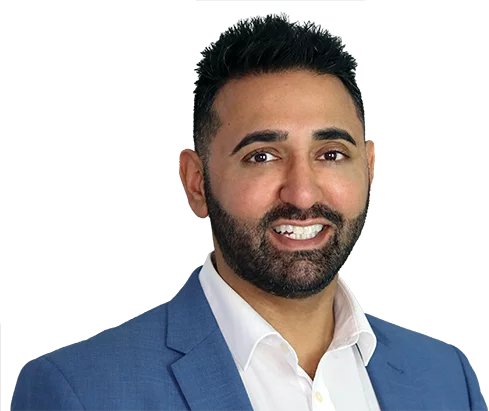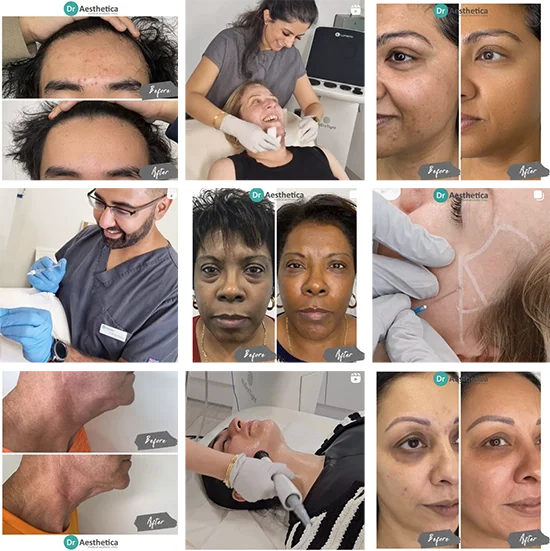Acne affects 80% of people aged 11 to 30. Cystic acne affects fewer people but is the most severe form of acne one can have.
Your hormones, medications, cosmetics, and your genes can all cause cystic acne. Fortunately, there are many routes you can take to start the treatment process.
Keep reading for the best cystic acne treatments to heal your troubled skin.
Medicinal Cystic Acne Treatments
Benzoyl peroxide comes over the counter in many different formulas and is used to treat acne of all severity. It kills propionibacterium acnes (P. acnes) and breaks up comedones, most commonly referred to as blackheads and whiteheads.
Benzoyl peroxide treatments are also great for those with severe and cystic acne who are waiting for a more specialized regimen.
Isotretinoin is a prescription acne treatment for those with cystic acne. For less severe acne, it's seen as the last resort, as it has many potential side-effects.
Less serious and the most common side effects include eye and genital dryness, extremely dry/chapped lips, and joint pain. More severe side effects are depression, liver damage, and increased lipid levels.
Isotretinoin will also result in congenital deformities during pregnancy. Those who can become pregnant must take contraception before, during, and after treatment, as well as test negative on two pregnancy tests before treatment.
The best spot treatment for cystic acne could be steroid injections. Triamcinolone can be injected directly into a cyst to cut down on inflammation and scarring for those with minimal cysts.
Birth control pills are a long-term cystic acne removal treatment for those assigned females at birth. Estrogen and progesterone hormones can slow down sebum production, which is a cause of acne.

Non-Medicinal Cystic Acne Treatments
If you want to steer clear of medicinal treatments, microneedling is an effective alternative. Many tiny needles are administered to cysts and acne spots to trigger a healing response to rejuvenate the skin.
Skin peels are another great dermatologist acne treatment that doesn't use medication. Different types of peels are used to control the damage caused by acne and reduce existing acne scarring.
At-Home Cystic Acne Preventative Measures
Gentle exfoliation is important when washing your face. For those with acne, dermatologists recommend acidic exfoliation instead of scrubs and microbeads, which can further aggravate your cysts.
There are a few preventative measures that everyone should take to avoid all severities of acne. The first is to protect your skin from UV rays, either with gentle sunblock, a hat, or an umbrella to shade your face.
An anti-inflammatory diet can also help control cystic breakouts. Eating green vegetables and foods with healthy fats will reduce inflammation in the skin.
There are some foods you need to steer clear of to help prevent acne. Avoid processed foods, dairy, sugars, and simple carbohydrates, as these can cause acne flare-ups in some people.
Begin Healing
Now you should be aware of all the options for treating cystic acne. All that's left to do is take action and begin healing your skin.
Dr Aesthetica has been offering non-invasive skincare solutions since 2017. Give us a shout and we'll be happy to solve your cystic acne problems.


